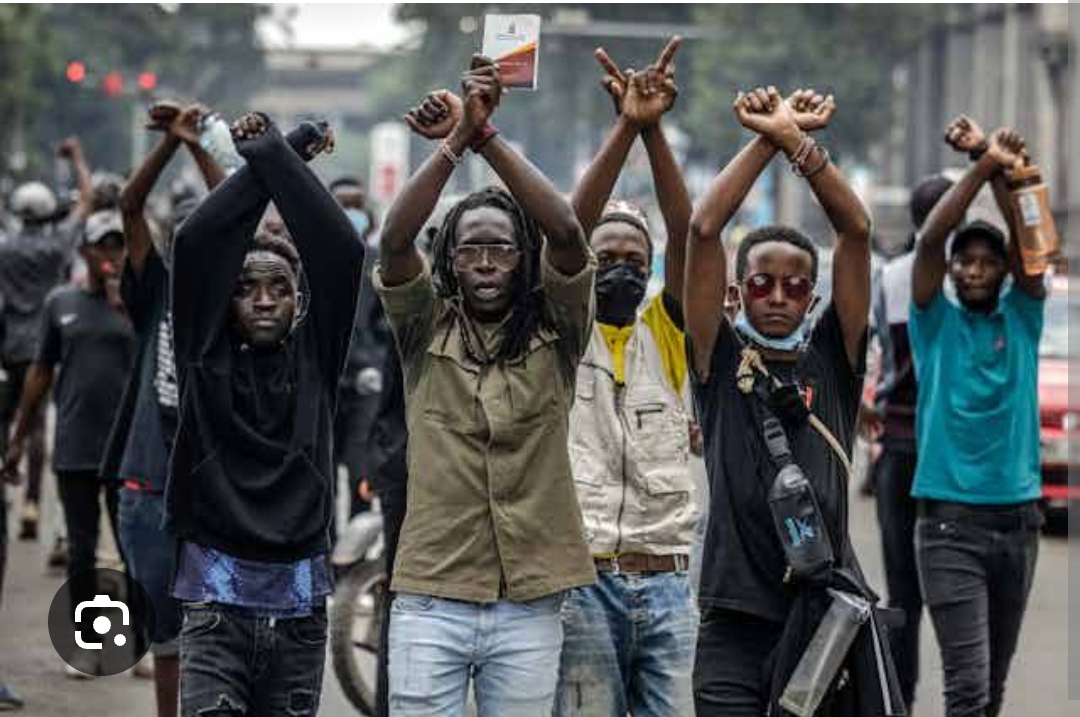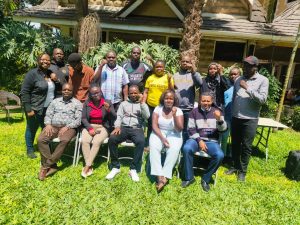Must the Kenya Kwanza Regime Undermine Our Forefathers’ Legacy? A Call to Condemn the Greed of Kenya’s Privatization Agenda This Mashujaa Day
Our forefathers fought valiantly against colonial powers, sacrificing their lives to secure Kenya’s sovereignty and self-determination. They envisioned a nation where the resources and assets belonged to the people, not to foreign interests or private entities. Today, as the Kenya Kwanza regime pushes for the privatization of national assets, we risk betraying that legacy. The drive for privatization reflects a troubling greed that undermines the hard-fought freedoms our ancestors secured, placing our national identity and future in peril.
The national infrastructure currently under threat from privatization is not just a collection of assets; it is the backbone of our economy. These infrastructures—roads, railways, and energy—are critical for economic stability and growth. Turning them over to private companies raises serious concerns about accountability and efficiency. A private entity prioritizes profit over public welfare, potentially compromising the quality and accessibility of services essential for all Kenyans. Our country cannot afford to surrender control of these vital resources to profit-driven motives.
Despite widespread public outcry and protests, the government continues its push for privatization, revealing a disturbing disregard for the voices of the people. This authoritarian approach mirrors a dictatorial tendency, where public sentiment is dismissed in favor of an agenda that serves a select few. Such actions not only threaten our democratic principles but also sow the seeds of social unrest, as citizens feel increasingly alienated from decisions that affect their lives and livelihoods.
The financial implications of privatization are equally alarming. Many of these infrastructures were built with taxpayer money and loans, representing significant investments from the Kenyan people. To privatize them at below-market rates is a grave injustice, essentially handing over public wealth to private interests without fair compensation. This exploitation of national resources diminishes our collective economic power and undermines the social contract between the government and its citizens.
The selection of companies for these tenders raises serious ethical questions. Some of the entities associated with these deals are globally blacklisted due to corruption, tax fraud, and looting. Why are we entrusting our national assets to companies with such dubious reputations? This apparent willingness to partner with entities that have demonstrated a lack of integrity not only jeopardizes our national interests but also reflects a disturbing acceptance of corruption in our governance.
Moreover, these public-private partnerships (PPPs) promise no relief from the financial burdens Kenyans currently face. Instead of alleviating taxes or improving living standards, these deals seem set to exacerbate our economic woes. As citizens continue to grapple with exorbitant loan repayments and rising costs of living, it becomes increasingly clear that privatization is not a solution, but rather a perpetuation of the cycle of debt and economic hardship.
The government’s approach to awarding tenders raises further red flags. The practice of single-sourcing contracts and flouting established procurement guidelines undermines transparency and fairness. Such actions not only erode public trust but also raise suspicions of favoritism and corruption, leading many to question the integrity of our institutions.
The people of Kenya are resolute: we will not allow our nation to be auctioned to the highest bidder. It is time for us to unite against this wave of privatization, standing firm in our commitment to protect our national assets and ensure they remain in the hands of the people. Our fight is not just for today, but for the future of our children and the legacy of our forefathers who dreamed of a prosperous and equitable Kenya.


